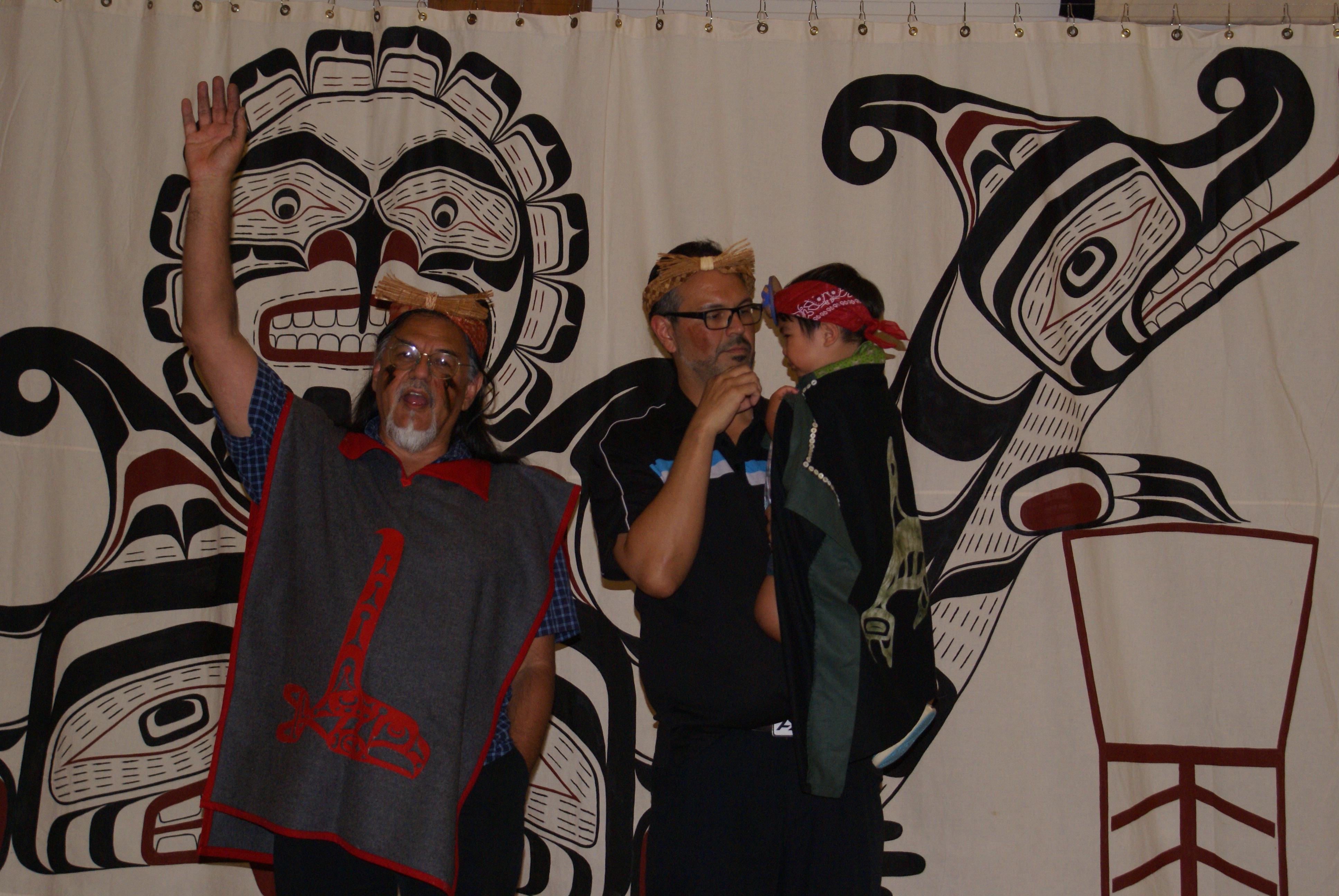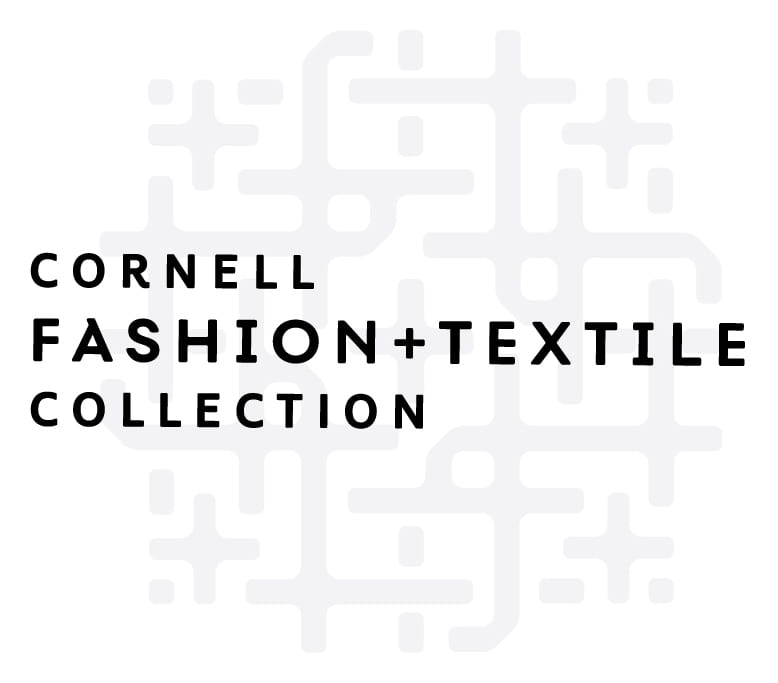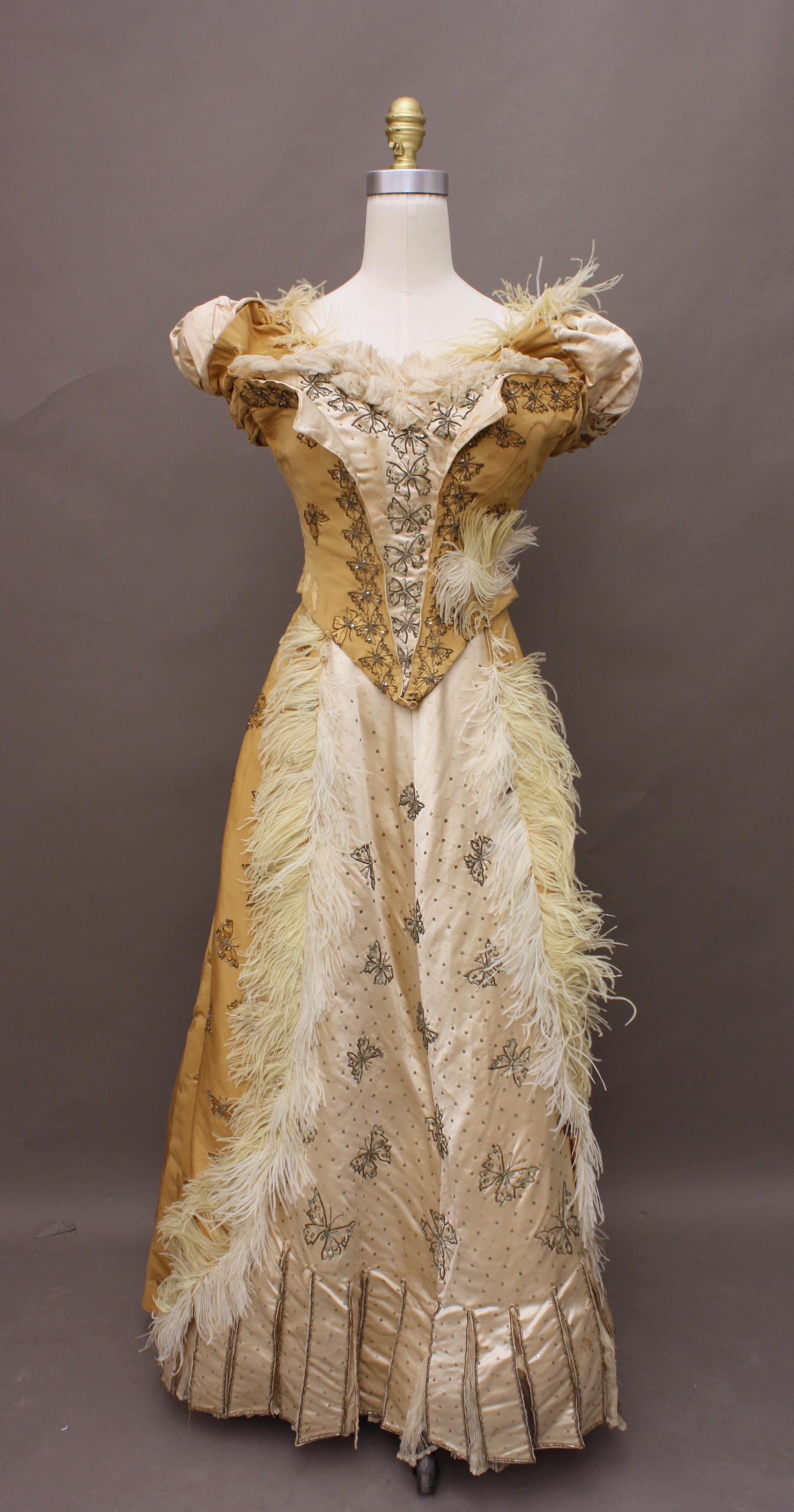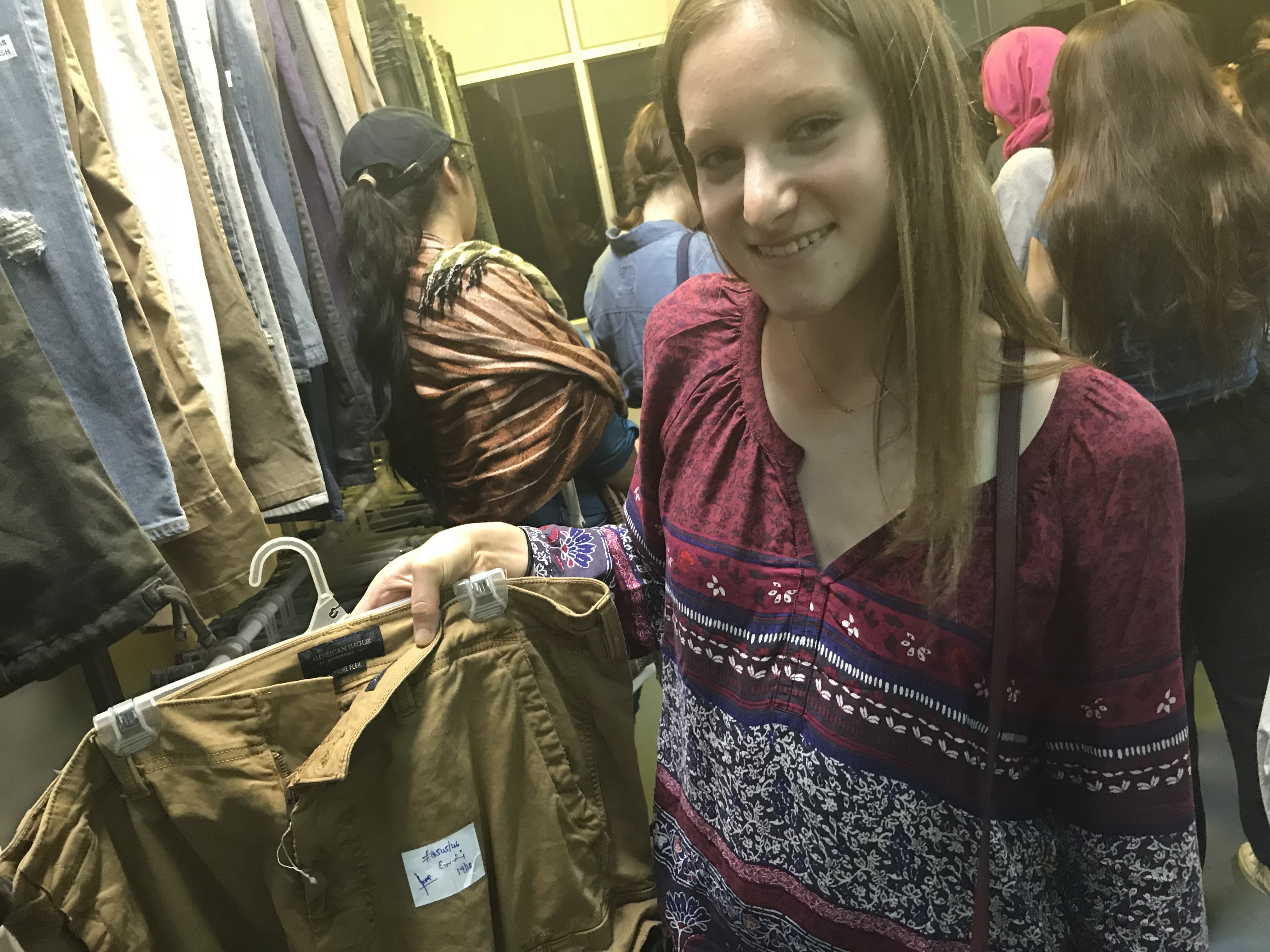When did you begin working in the CCTC?
I began working in the CCTC the spring of my freshman year. I was given the chance to tour the CCTC during my visit to Cornell back in high school, and I remember dreaming then about the chance to work in the Collection. I’ve always had a great fascination for fashion history, so naturally the CCTC was a key factor in my excitement and decision to enroll in Cornell’s FSAD department. I was ecstatic when I got to join the CCTC as a research assistant!
What is your favorite piece in the Cornell Costume & Textile Collection and why?
I really love the CCTC’s collection of nineteenth century women’s dresses. It is incredible to see such historical pieces in person and witness the craftsmanship that went into the garments at that time. I don’t think I can pick a favorite dress out of the bunch – each item is more stunning than the next!
Share one surprising thing you’ve learned while working in the collection:
It is fascinating to see just how much body types have changed over the centuries and how that is reflected in the clothing of each period. I would never have expected that we would need to display men’s jackets from the 1920s and earlier on smaller, androgynous mannequins instead of the typical men’s mannequins we use today–even men of the 19th and early 20th centuries were much smaller than an average-sized man today. I also find it particularly interesting to see the tiny size of nineteenth and early twentieth century women’s shoes.
What are your career goals? How do you imagine working in the CCTC will help you to realize these goals?
I plan to work in fashion merchandising post-graduation, and I look forward to supporting the development and sustainability of an industry that I’m so passionate about. The CCTC has given me wide exposure to fashions throughout history, as well as the myriad of traditional costumes and styles that exist across the globe. This has broadened my understanding of what has led up to today’s fashions, how styles vary around the world, and how much fashion is embedded in cultures and cultural values. Through my work in the CCTC, I have developed an even greater appreciation for textiles and apparel, with the understanding of how fashion impacts the individuals making and wearing the items, as well as how it reflects people’s values and perspectives. This comprehensive understanding of fashion’s purpose and influence has helped me view the fashion industry more thoughtfully and critically, and it has provided me with foundational knowledge that will guide the actions I take while working next year in merchandising for American Eagle Outfitters.
 If you were to donate one item from your personal wardrobe to the collection, what would it be and why?
If you were to donate one item from your personal wardrobe to the collection, what would it be and why?I would donate my old Ugg boots to the collection; these were so ubiquitous throughout my pre-teen years and a real marker of the early 2000s!
What is missing from the CCTC? What garment, textile, or accessory do you think we should have, but don’t?
I wish we had a more extensive collection of activewear throughout the decades; it’s interesting to see how much activewear has progressed over the years with new innovations and advancements in synthetic materials. Performance clothing is significantly more comfortable and functional today than even twenty years ago!

Ki-ke-in / Chuuchkamalthnii (Ron Hamilton) on the left, with his son and grandson on the right in front of the family’s thliitsapilthim (ceremonial curtain). Photo taken at the Emtnakshitl (naming potlatch) for his grandson in 2012.
What has been your most meaningful experience working in the CCTC?
I’ve really enjoyed getting the chance to interview some of our collection donors about their respective donations. It’s such a treat to hear stories from the people behind the pieces and to find out what each piece means to them. So far I’ve had the opportunity to speak with Dorothy Schefer Faux ’69 about her numerous donations that she had worn during her time at Cornell, as well as throughout her glamorous career as a magazine editor. I also had the opportunity to share what I learned about her through our Cornell Costume & Textile Collection blog. I’ve also interviewed Ki-ke-in / Chuuchkamalthnii (Ron Hamilton) of the Hupacasath First Nation about the items he’s donated that represent integral components of the Nuu-chah-nulth culture and traditions. These two projects were particularly memorable and rewarding.
What is your hope for the future of the CCTC?
The CCTC is such a valuable resource at Cornell, but I’m always surprised by how many people on campus are unaware of it. I hope that the CCTC can further its reach and awareness over the years so that it is appreciated and utilized at its full potential.



